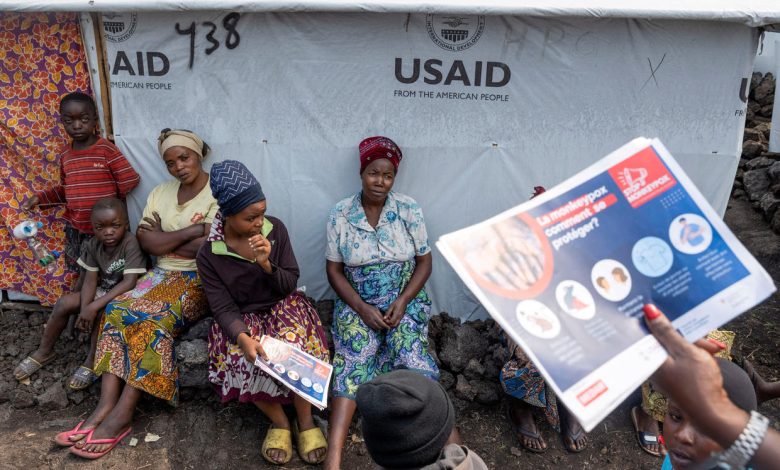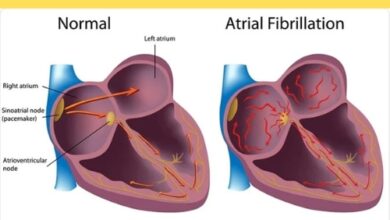Mpox “not the new COVID,” World Health Organization says after declaring health emergency over Africa cases

Geneva The World Health Organization declared on Tuesday that the mpox outbreak is not another COVID-19 since there is already a lot of knowledge available about the virus and ways to contain it. The WHO’s European director Hans Kluge stated that although further study is required on the Clade 1b strain, which led the UN organization to declare a public health emergency of international concern (PHEIC), the mpox outbreak can be contained.
The worldwide epidemic of the less severe Clade 2b strain of mpox, which primarily afflicted gay and bisexual males, led to the WHO declaring a PHEIC in July 2022. In May 2023, the alarm was turned off.
Kluge argued, “Mpox is not the new COVID.” He said via video link at a media event in Geneva, “We know how to control mpox and, in the European region, the steps needed to eliminate its transmission altogether.”
“Two years ago, we controlled mpox in Europe thanks to the direct engagement with the most affected communities,” he stated. Strong surveillance was implemented, new case contacts were carefully explored, and sound public health advice was given. The mpox immunization, nondiscriminatory public health measures, and behavior modification all helped to contain the outbreak.”
According to Kluge, there is little chance of the virus harming the broader public.
“Are we going to seal down the WHO European region, treating it like a COVID-19 outbreak? Clearly, the answer is no,” he stated.
The most common method of transmission, according to Kluge, is still close skin-to-skin contact. However, in certain situations, such as in homes or hospitals, it is possible for someone who is experiencing the acute phase of the mpox infection—especially if they have mouth blisters—to spread the virus to close contacts through droplets.
The transmission modes remain somewhat ambiguous. There needs to be more investigation,” he stated.
According to WHO spokesman Tarik Jasarevic, the organization does not advise mask use.
“Mass immunization is not something we advocate. For the populations most at risk, we are advocating vaccination in outbreak scenarios,” he continued.
On August 14, worried about the increase in Clade 1b cases in the Democratic Republic of the Congo and their spread to neighboring countries, the WHO declared a worldwide health emergency.
Following the announcement by the Africa Centers for Disease Control and Prevention that the mpox (formerly known as monkeypox) outbreaks were a public health emergency and that the disease was responsible for over 500 deaths, the WHO asked for assistance from other countries to halt the disease’s spread.
Tedros Adhanom Ghebreyesus, the director-general of the WHO, stated at the time, “This is something that should concern us all.” “The potential for further spread within Africa and beyond is very worrying.”




